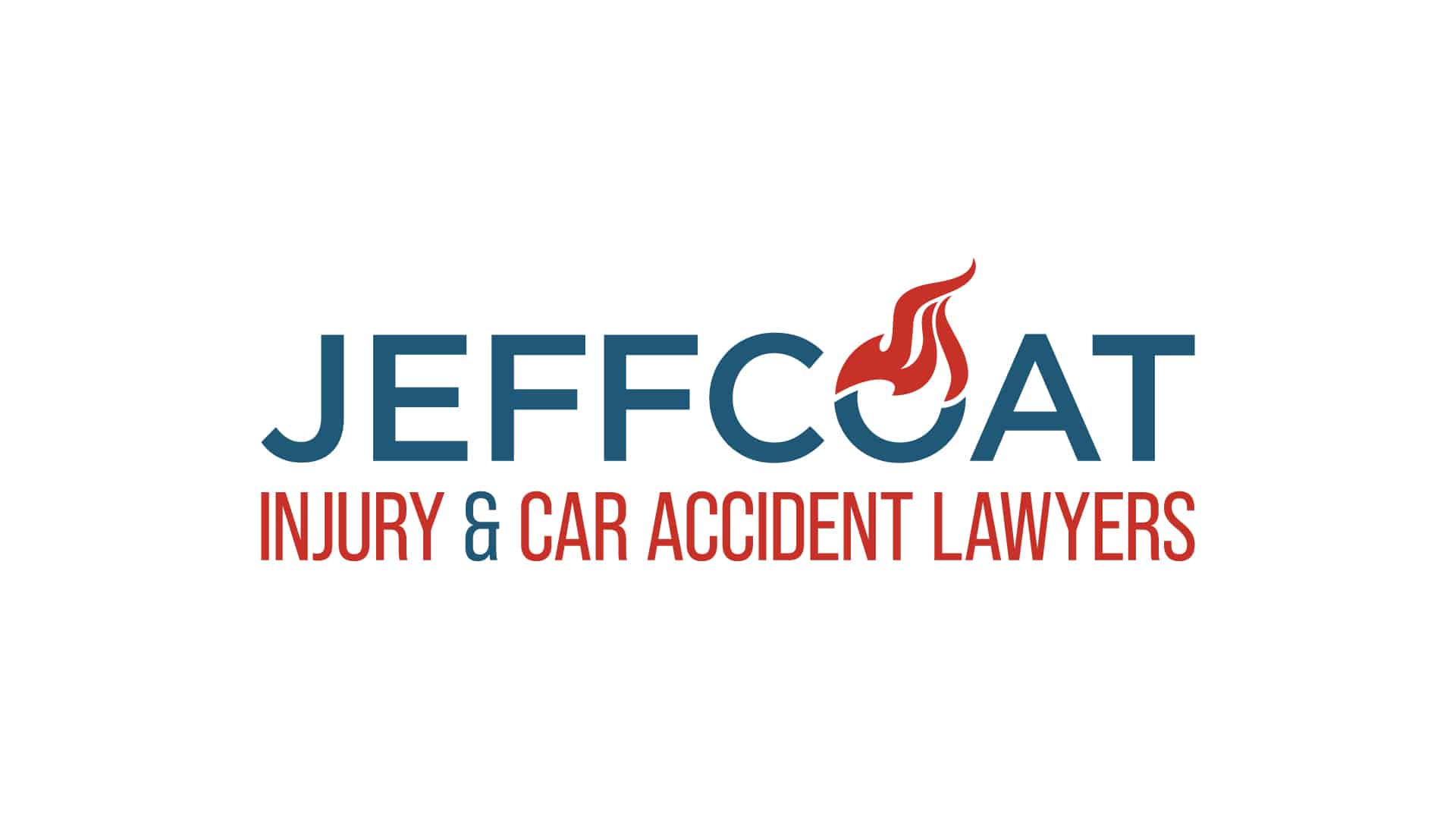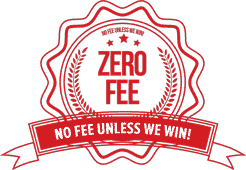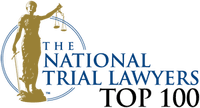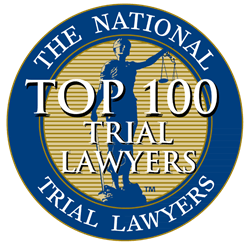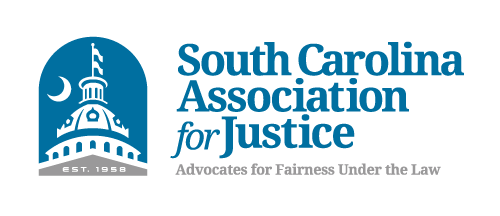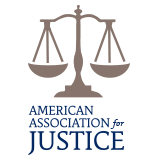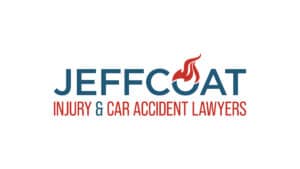Was your loved one abused or neglected in a nursing home in Lexington, SC? If so, you may be able to hold the facility accountable for medical bills, transfer expenses, and other damages.
Unfortunately, it’s unlikely that the at-fault party will offer fair compensation without a fight. That’s why it’s essential to work with an experienced Lexington nursing home abuse lawyer. Jeffcoat Injury and Car Accident Lawyers should be your first call.
Our legal team has successfully represented victims and their families since 1999. We’ve recovered millions of dollars for people injured in South Carolina.
Contact our law firm at (803) 373-1302 for a free consultation with an experienced attorney to discuss your nursing home abuse case.
How Jeffcoat Injury and Car Accident Lawyers Can Help If Your Loved One Is a Victim of Nursing Home Abuse in Lexington, SC
 Placing your loved one in an assisted living facility is emotionally challenging. However, learning that they’ve been mistreated is devastating. You should be able to trust that the facility’s employees will provide continuous care, supervision, and support. If they fail to do so, they need to be held responsible.
Placing your loved one in an assisted living facility is emotionally challenging. However, learning that they’ve been mistreated is devastating. You should be able to trust that the facility’s employees will provide continuous care, supervision, and support. If they fail to do so, they need to be held responsible.
Our Lexington personal injury lawyers at Jeffcoat Injury and Car Accident Lawyers can pursue justice for you and your family. We’ve handled hundreds of complex nursing home abuse cases for clients throughout South Carolina. We’ve seen firsthand the lifelong consequences victims endure.
If you hire us to help with your nursing home abuse or neglect claim in Lexington, South Carolina, we’ll:
- Investigate to determine if the facility breached its standard of care
- Collect the evidence needed to prove the abuse or neglect
- Assess the damages caused by the facility’s actions (or inactions)
- Handle all paperwork and negotiations with the nursing home or its insurance company
- Take your case to court in Lexington County if necessary
Call our experienced nursing home abuse attorneys in Lexington today to learn more about an attorney-client relationship.
How Common Is Nursing Home Abuse in South Carolina?
According to a recent study, South Carolina ranked almost last (#48) among the states with the best elder abuse protections. The state receives an alarming number of exploitation and neglect complaints each year.
The South Carolina Department on Aging reports that over 8,000 complaints are filed by or for long-term care residents annually. The Long Term Care Ombudsman Program works to resolve matters involving rights violations, abuse, improper discharge or transfer, and other mistreatment.
What Is Nursing Home Abuse in South Carolina?
South Carolina’s Bill of Rights for Residents of Long-Term Care Facilities was enacted to protect nursing home residents’ rights and preserve their dignity.
For example, residents have a right to:
- Be fully informed of their rights and grievance procedures
- Communicate with family and other residents
- Be treated with dignity and respect
- Participate in social, community, and religious activities
- Choose their attending physician
- Be free from physical or mental abuse
- Refuse to take part in experimental research
- Receive a description of their diagnosis and treatment plan in understandable terms
- Manage their finances (or receive a quarterly report if the facility handles this task)
- Be free from restraints unless ordered by a physician
- Confidentiality of medical records
- Privacy when receiving care
Depriving someone of any of these rights can constitute neglect or abuse.
What Are the Signs of Nursing Home Abuse and Neglect?
Nursing home neglect and abuse can be difficult to identify. Your loved one may be incapable of reporting misconduct, afraid of retaliation, or embarrassed.
The signs will vary between individuals and based on the type of nursing home abuse. However, here are some things to keep in mind when visiting your loved one.
Physical Abuse
Physical abuse can include slapping, punching, or any other kind of physical assault, as well as the use of forceful and improper restraints.
Watch for the following signs:
- Unexplained or unusual injuries, such as bruises, cuts, fractures, and broken bones
- Marks around the wrists or ankles, indicating excessive restraint
- Fear of being left alone with nursing home staff members
- Improper dosages of medications
Damaged personal belongings, such as pictures or eyeglasses, could also indicate abuse.
Sexual Abuse
This could include any type of nonconsensual or unwanted sexual contact, such as assault, rape, harassment, or humiliation.
Potential signs can include:
- Genital infections and injuries
- Pelvic injuries
- STDs
- Fear and personality changes
Sexual abuse in a nursing home can be committed by facility staff or another resident.
Emotional Abuse
Psychological abuse can be incredibly harmful to a nursing home patient and might take the form of:
- Verbal abuse, such as shouting, shaming, or cursing
- Keeping a resident isolated from family members or activities
- Intimidation and threats
- Belittling or humiliating
- Refusing emotional care and support
The following could be indicative of this type of abuse:
- Changes in mood or personality
- Withdrawal, depression, or anxiety
- Regressive behaviors, such as thumb sucking
- Rocking or self-hugging
- Fear
- Agitation
Emotional abuse of a resident can be tough to detect. There may not be any physical indications. However, if you notice a sudden change in your loved one’s personality or something seems off, there may be reason for concern. Note that in some cases, these signs may indicate something else, such as the development of dementia.
Financial Abuse and Exploitation
Sadly, long-term care residents are vulnerable to financial exploitation, such as:
- Theft of cash and personal property
- Opening credit cards or bank accounts in the patient’s name without their consent or knowledge
- Check forgery and identity theft
- Changing their will or beneficiary designations
Keep track of your loved one’s financial situation. Look for unusual financial transactions, changes in estate planning documents, or missing possessions.
Neglect
Many people residing in assisted living facilities require round-the-clock assistance, supervision, and care. They may need help going to the restroom, eating, grooming themselves, and/or bathing.
If your loved one fails to receive the necessary care, you may notice any of the following:
- Unsanitary clothing and linens
- Dehydration
- Weight loss or malnutrition
- Poor hygiene
- Bedsores or pressure wounds from failing to move bedridden residents
- Elopement or wandering due to lack of supervision
- Injuries from falls, such as concussions, spinal injuries, and fractures
- Overmedication or under-medication
- Untreated medical conditions and infections
Negligence against a nursing home patient can be just as damaging as intentional abuse. Contact our Lexington nursing home neglect lawyers if you suspect your loved one is a victim.
Why Does Nursing Home Abuse Occur?
Abuse or neglect in a nursing home can happen for many reasons. Sometimes, a single staff member’s acts are intentional; other times, the mistreatment is more systemic.
Common reasons include:
- Undertrained and unqualified personnel
- Overworked employees
- Understaffing
- Negligent hiring, such as failure to perform background checks
- Lack of supervision
- Negligent security
- Failure to inspect the facility
- Medical malpractice, including medication errors
Establishing the cause of the wrongdoing is pivotal. It allows you to hold all responsible parties liable for their actions (or omissions).
What Is the Value of My Lexington Nursing Home Abuse Case?
The value of your nursing home abuse claim depends on various factors, as no two cases are identical.
It’s essential to work with a knowledgeable attorney who can identify and assess relevant factors, such as:
- The nature and extent of the harm inflicted upon your loved one
- The long-term consequences of the abuse, such as shortened life expectancy or worsened medical conditions
- The financial losses stemming from the misconduct
- Your loved one’s physical and emotional suffering
Our nursing home abuse lawyers in Lexington are here to accurately calculate what your case is worth.
What Compensation Is Available To Victims of Nursing Home Abuse in Lexington, South Carolina?
Our South Carolina nursing home abuse lawyers can help you hold a negligent facility fully accountable for your losses. That includes economic and non-economic damages.
Economic damages are the monetary losses resulting from the abuse and injuries, such as:
- Medical bills
- Future medical expenses
- Your lost income if you had to care for the victim
- Restitution (for financial abuse)
- The cost of relocating your loved one to a new facility
- Out-of-pocket expenses
- Counseling
Non-economic damages are subjective losses, such as:
- Pain and suffering
- Emotional distress
- Reduced life expectancy
- Diminished quality of life
- PTSD
A court may award punitive damages in cases involving especially reckless or willful conduct. Let Jeffcoat Injury and Car Accident Lawyers advocate for you and your family and seek justice on your loved one’s behalf.
How Long Do I Have To File a Nursing Home Abuse Lawsuit in South Carolina?
Under South Carolina law, you will typically have three years to file a personal injury lawsuit. The clock starts to run on the date you knew or should’ve known about your loved one’s neglect or abuse.
However, depending on the specifics, your case may have a different statute of limitations. Additionally, prompt legal action is crucial to the success of a nursing home abuse claim. Therefore, you should contact our Lexington personal injury attorneys as soon as possible for assistance.
Contact Our Experienced Lexington Nursing Home Abuse Lawyers for a Free Initial Consultation
If your loved one was neglected or abused in an assisted living facility, Jeffcoat Injury and Car Accident Lawyers is here to help you pursue much-deserved compensation. Our Lexington nursing home abuse attorneys will help you understand your legal rights and options.
Call our Lexington, SC law office today for a free case assessment.
